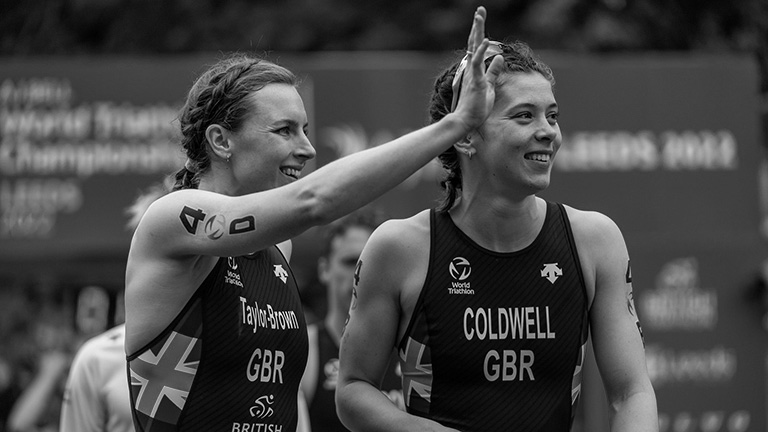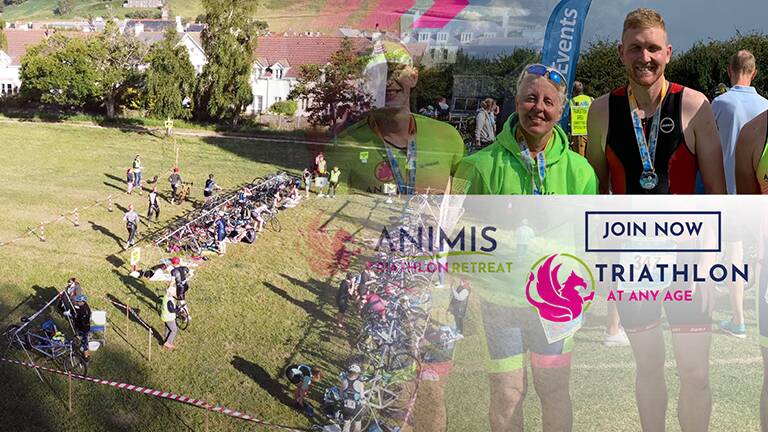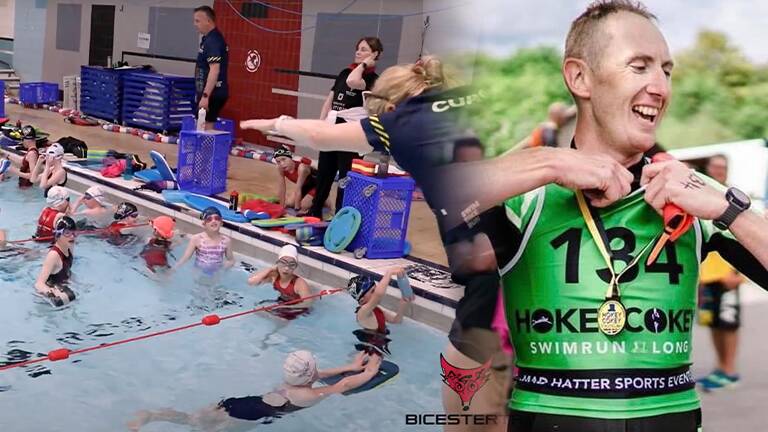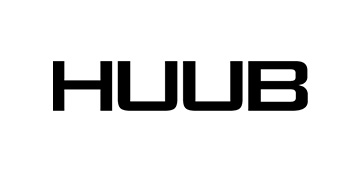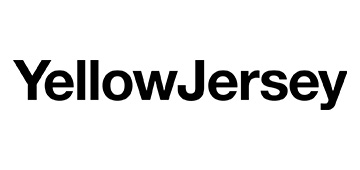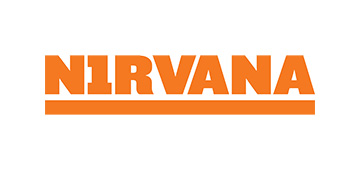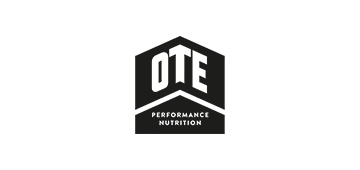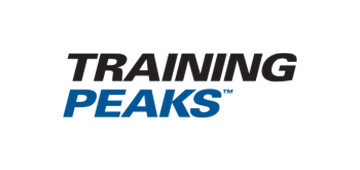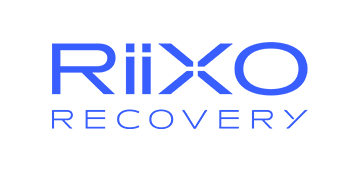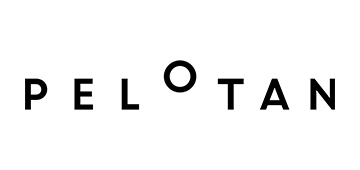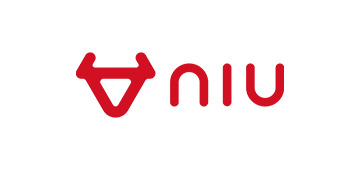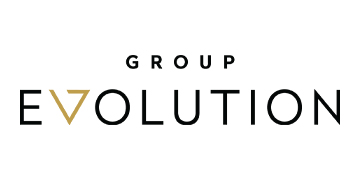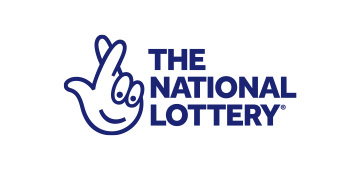Based in northwest London, the family- and beginner-friendly Hatch End Triathlon is taking measures to become more accessible to triathletes who are deaf and hard of hearing.
Organised each year by Jetstream Tri Club, the event has benefitted this year from the input of profoundly deaf member, Emma Donovan, who has been working with the club and governing bodies to put systems in place to improve the race experience for deaf participants.
Emma, who teaches science to deaf secondary school pupils, said: “What's unique about Hatch End Triathlon is that it's very novice friendly and because it's club-run, it means the club can decide what we do, how we market it to people, and how we set it up. Every year, we all get together at the club's AGM and people put forward ideas, and this year I put forward - Could we try and raise the status of deaf people in Hatch End?”
Emma joined the club five years ago, developing from being unable to swim front crawl, to entering her first half-iron distance triathlon this year. “Being a teacher of the deaf, I always feel like I'm trying to give them something to aspire to. Growing up, I didn’t have many deaf adults that were role models to me. For the kids that I teach, I try to inspire them and show them that you just have to find the right support, advocate for yourself, and be assertive.”
Hatch End Triathlon takes place in May each year and comprises of both junior and adult races, the latter being a 400m pool swim, 17km road cycle, and 3km off-road run to finish. This year, the club produced a British Sign Language (BSL) interpreted video prior to the event, and organised for BSL interpretation to be available for athletes.
“This year, we were quite limited on time , so a lot of the things I'm mentioning we will implement more next year. But we got an advertisement out there with pictures, and a deaf person signed it. That got a lot of positive reception. Lots of deaf people were saying they would travel from all over the country to come down to it if they were provided support on the day.”
Though this year didn’t have any deaf participants, Emma used the opportunity to walk through the race experience step-by-step and consider the best kind of support the club could put on for future participants.
“On the day, it just opened my eyes to what else we could do, this has generated more and more ideas.
“When I've done events before, the information comes in sheets and sheets that you have to read. And if you're deaf, your first language might be BSL, not English. Reading those sheets can be quite difficult, so it's about providing this information in the most visual way possible.”
When race day comes around, there’s several measures that can be put in place to ensure the relevant information and right communication is available to everyone. Emma shared what the race day experience looks like for those who are deaf like herself, and what measures Hatch End is looking to put in place:
“In terms of live briefings on the day, these are particularly difficult to follow. If something changes from the original briefing pack, it’s about making sure those changes are told directly to people, especially if you know the entrants are deaf.
“In our swim base, we had A3 posters that explained to competitors what's going to happen within the swim. They’re really simple, one of them was six pictures of what's going to happen. If all events could just have things like that which are put in key places, that would be helpful.
“I also created posters for deaf awareness tips that I gave out to all the team leaders. For Hatch End, we have a swim team, a transition team, a run team, a reception team, etc. Each team was given this deaf awareness poster to tell their team of volunteers how to communicate with deaf people if anyone was to enter, and that was quite well received. We already have loads of ideas for next year.”
This year, Hatch End Triathlon had the support from UK Deaf Sport, whose aim is to support each and every deaf person in sport. Emma shared what this looked like for the event: “The club initially contacted them to ask how we can support deaf people at Hatch End. They gave us some feedback on what we could do and input with the risk assessment.
“I'm also in contact with one of their volunteer reps who's deaf and a triathlete themself, they've been providing their own experience and support. They're very keen to spread the word more with us and link up with Deaf Sport UK again when we do Hatch End next year.”
On accessibility in the sport in general, Emma’s hopeful for the future: “I’m hoping that as we go forward, UK Deaf Sport and British Triathlon can develop more of a relationship. At the moment, there’s no rule or guidance for accessibility for deaf people in triathlon like there is for British Athletics and for swimming. I'm hoping that that can move forward in quite a positive way.”
Photographs courtesy of Kevin Rosendale and Steve Reiter of Pinner Camera Club.


